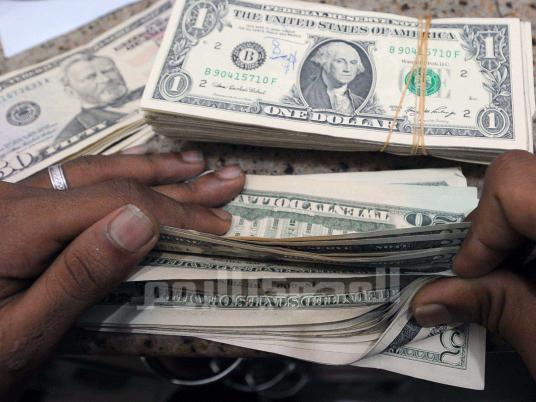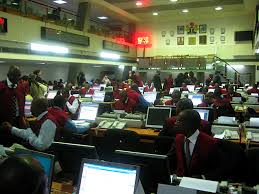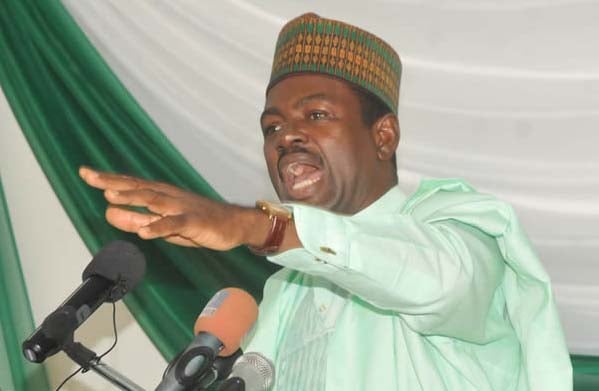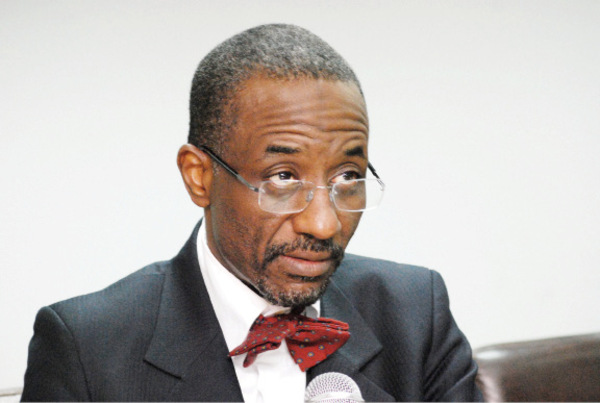The country’s external reserves have witnessed a massive decline of $4.72b in the last four months, dropping to $38.13b as of April 30, 2014.
Figures obtained from the Central Bank of Nigeria revealed that the external reserves, which amounted to $42.85b, at the end of December 2013, have been drawn down by 11 per cent.
The decrease in the reserves was driven largely by the increased funding of the foreign exchange market in the face of intense pressure on the naira and the need to maintain stability. A cursory look at the foreign exchange market shows that the exchange rate moved in an unpredictable manner over the last four months.
Findings revealed that the exchange rate at the Retail Dutch Auction System during the review period opened at N157.61 to a dollar (including 1 per cent commission) and closed at N157.26 to a dollar, representing an appreciation of 35 kobo or 0.22 per cent.
Advertisement
At the interbank foreign exchange market, the rate opened at N158.83 to a dollar and closed at N164.90, representing a depreciation of 3.68 per cent or N6 for the period.
Similarly, at the Bureau de Change segment of the foreign exchange market, the selling rate opened at N173 to a dollar, and closed at N172.00, representing an appreciation of 0.58 per cent or N1.
To this end, the apex bank is under intense pressure to devalue the naira, following the steady depletion of the nation’s external reserves and the high cost of maintaining the stability of the naira.
Advertisement
However, Acting Governor of CBN, Dr. Sarah Alade, has repeatedly ruled out the possibility of naira devaluation, despite severe pressure in the foreign exchange market following the removal of Lamido Sanusi.
She had said that the bank would continue to intervene in the foreign exchange market to ensure the stability of the exchange rate of the naira and preserve the value of the domestic currency to meet the demands of all foreign exchange users, as the bank remains committed to monetary and price stability.
Add a comment





